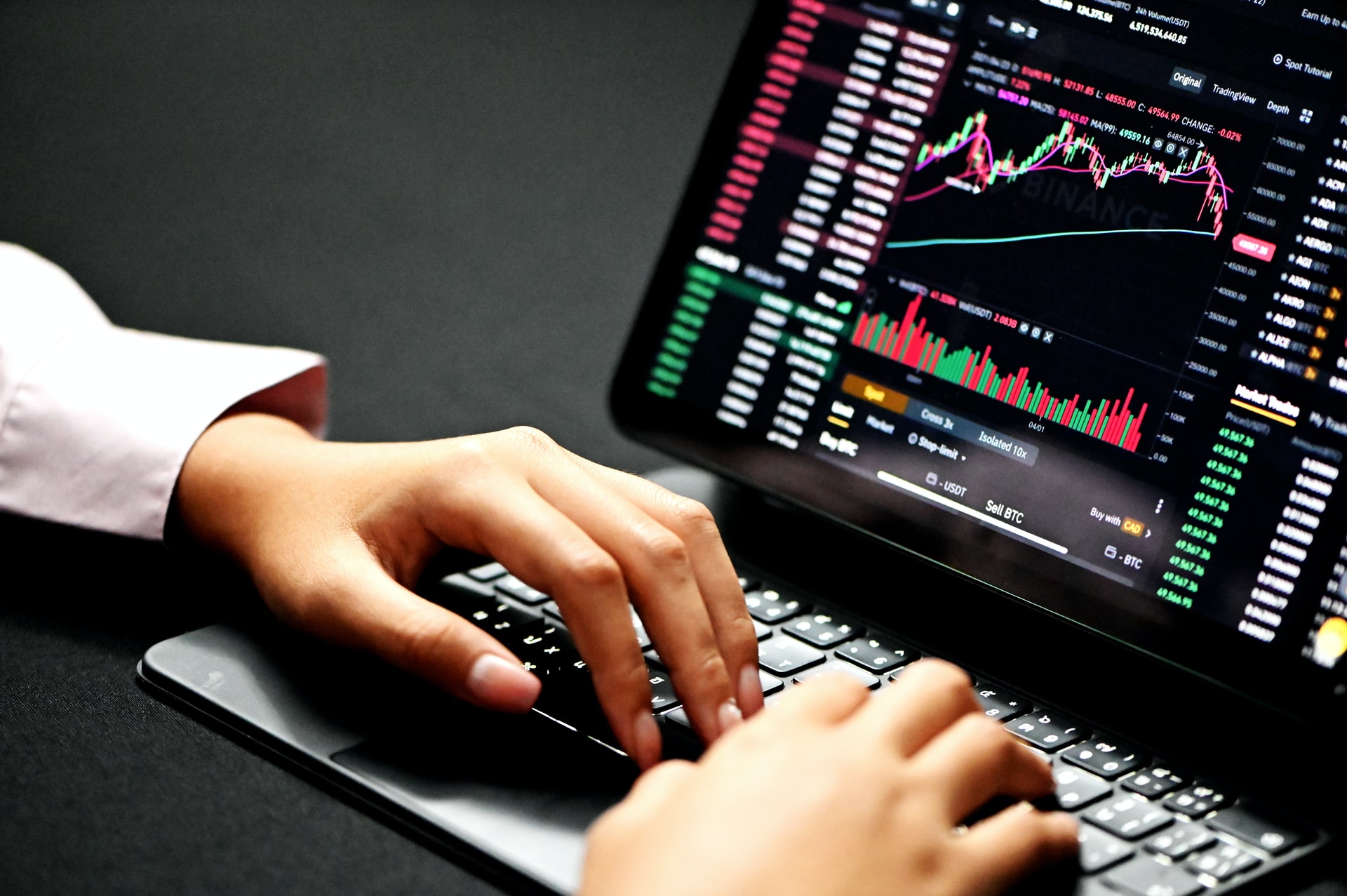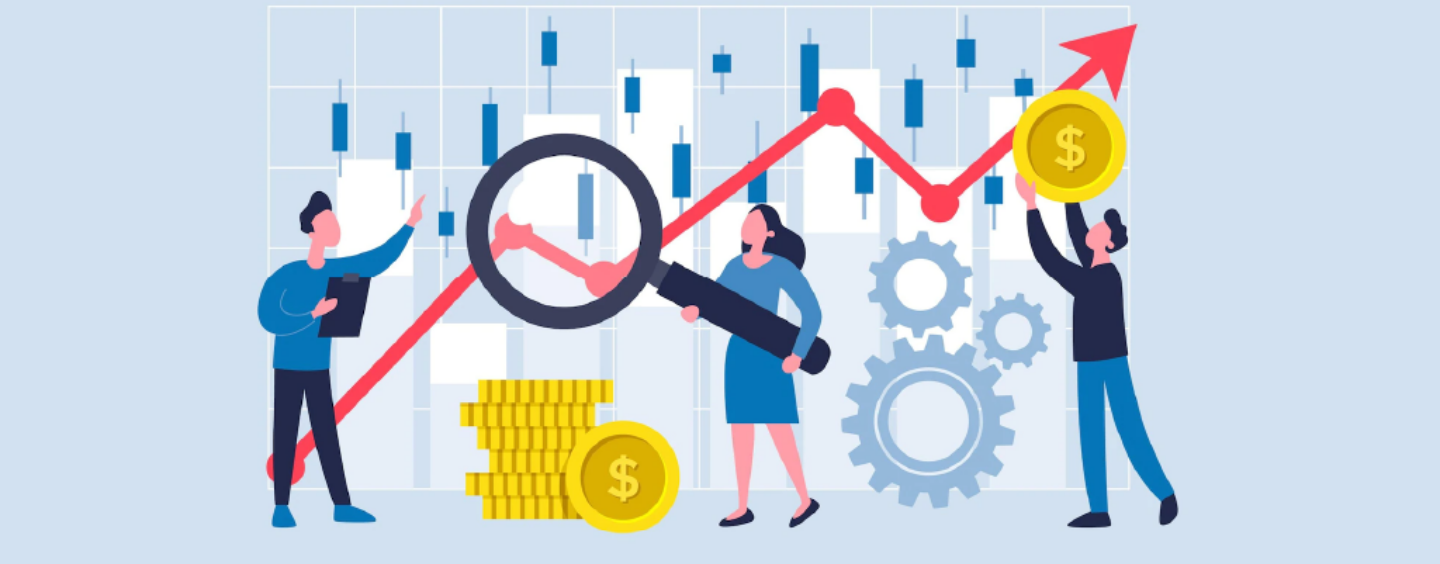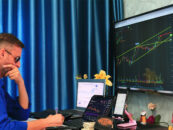One of the great things about the rise of online trading and investment is that it has never been easier for individuals to take control of their financial future and to invest directly in the financial markets.
However, while access to trading and investment platforms has significantly increased over the last number of years, this has not necessarily helped to alleviate one of the greatest difficulties facing novice traders: the knowledge gap.
Regardless of how easy it is to set up a trading and investment account, if individuals want to see their portfolio grow, they will inevitably have to gain both a technical understanding of what different financial instruments are and how to trade them. But they will also have to gain a broader commercial understanding of how the markets work and how to develop a trading and investment strategy.
To combat this knowledge gap, online trading platforms have developed a wide range of educational resources to help equip novice traders with facts and information necessary for trading and investment success.
In addition to using the traditional educational resources such as online courses, ebooks, webinars and video lectures, some traders have also started to use what is known as ‘social trading’ as a way of learning directly from other traders.
Social trading, which enables traders to replicate the trading positions of their peers, is an increasingly popular way of accessing the financial markets. Online brokers such as AvaTrade now have comprehensive, highly sophisticated social trading tools available to users. But what exactly is social trading and why has it become so popular?

image via Unsplash
What is social trading?
Social trading – which might also be referred to as ‘copy trading’ – is a form of dealing that allows traders and investors to replicate the trading strategies of their direct peers or other more experienced traders. Trades made via a social trading mechanism essentially replicate the trading strategies of a designated trader, and are then executed using the observer’s available portfolio or funds.
It is also known as copy trading as it essentially copies the trades of a designated trader. However, social trading has more of a focus on the social elements when compared to traditional copy trading. For this reason, some platforms have developed it as a kind of social network, where traders can interact with each other, watch each other’s trades and strategies, and learn more about strategy development and decision making.
How does social trading work?
Elements of social trading have been adopted by a wide range of online trading and investment platforms. Some of these have highly developed, comprehensive social network-style trading systems in place, while others have simply incorporated aspects of social trading into their existing trading frameworks.
Some traders prefer a more fully integrated social trading experience, which allows for the complete sharing of trading strategies using copy or mirror trading features. This can be done using a subscription feature, where users can subscribe to and follow updates from a trader of their choice. Trading strategies can be broadcast via a live feed, which can then be copied.
Brokerages and trading platforms can incentivise experienced traders into sharing this information, through either a subscription fee or commission model. This would provide experienced traders with an additional income.
Social trading: benefits and barriers
Although social trading has been praised by some for reducing the knowledge gap and increasing participation in the online trading and investment space, it has also been criticised for creating overreliance on experienced traders among novices. It has also been criticised as providing a pseudo-financial investment advice service in circumstances where these experienced traders are not necessarily licensed to provide this information.
With these potential criticisms in mind, online trading platforms and brokerages have developed robust user awareness campaigns and initiatives, which clearly raise these risks to users hoping to use social trading features. All trading involves risks, so it is important for platforms providing social trading features to highlight the unique risks that social trading poses.
Trading and investing on the open financial markets requires a high level of knowledge, skill and patience, so it is important that social trading is used in a way that helps to develop these. This is equally true of social trading as it is of other trading and investment technologies, such as robo advisory services and wealthtech.
Is social trading here to stay?
Social trading provides novice traders with the opportunity to join a community of like-minded individuals where advice, knowledge, information and ideas can be freely exchanged. And it is for these reasons that social trading has become so popular in recent years.
As long as the risks associated with social trading can be balanced with these benefits, it is likely that we will continue to see the rise of social trading in the industry.
Featured image credit: Freepik








